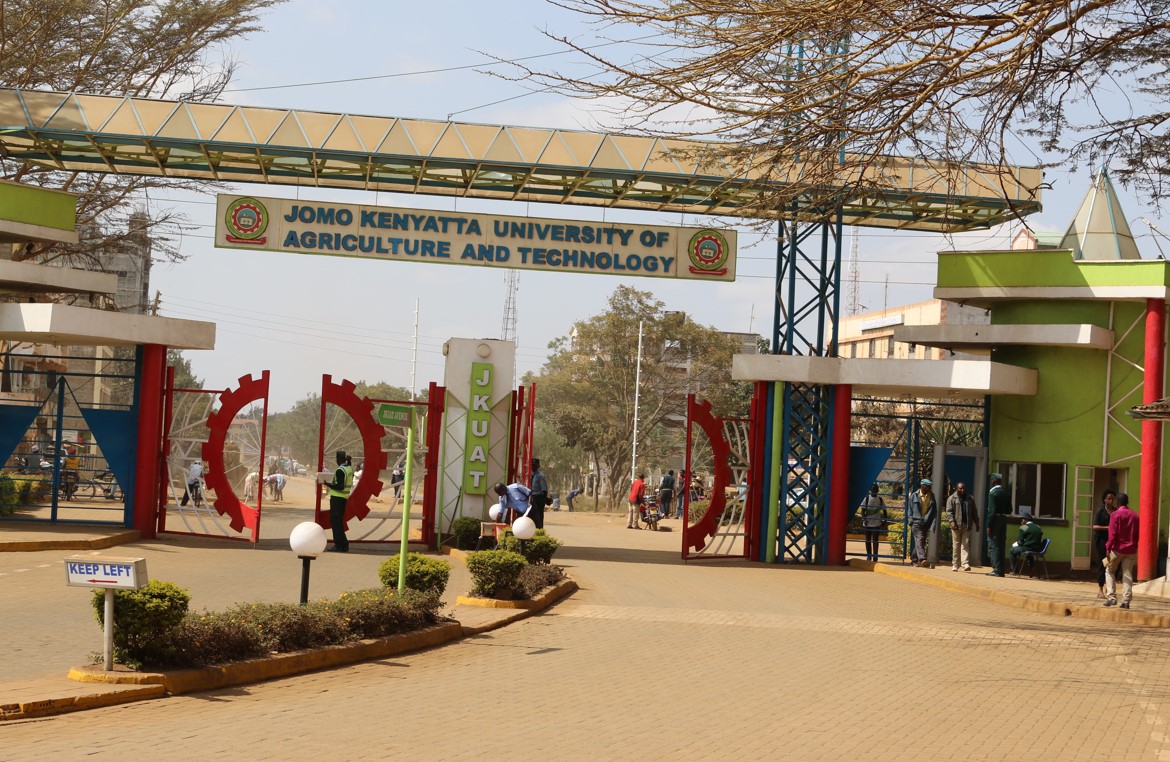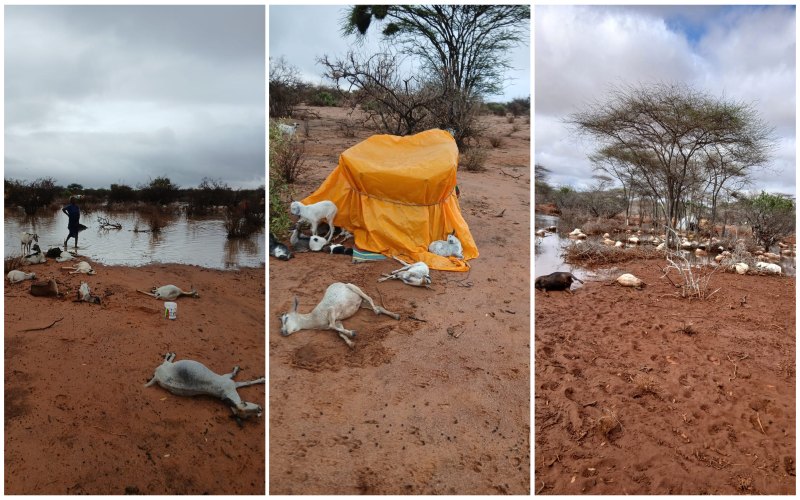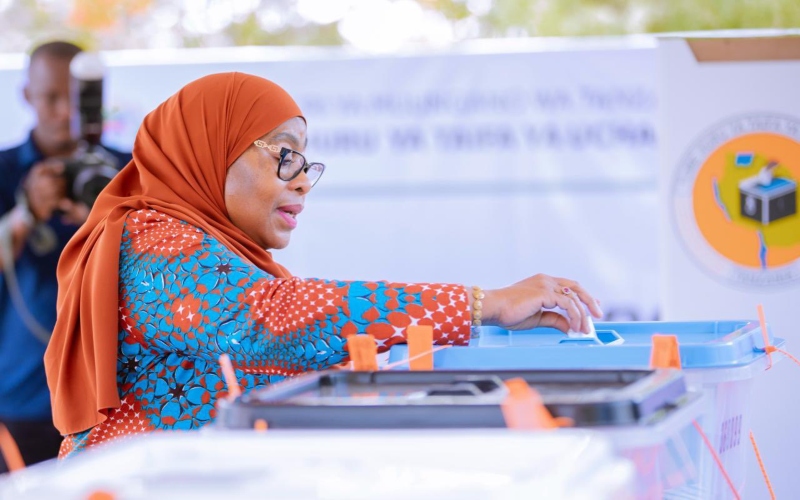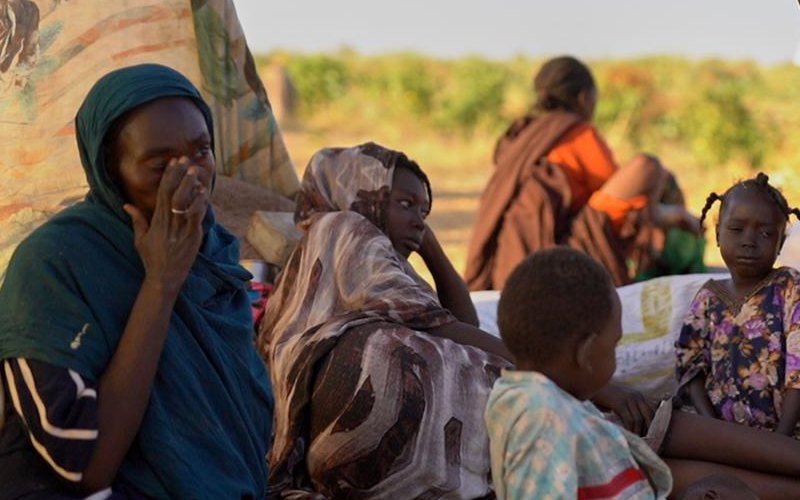Northern counties renew focus on early childhood education

A recent protest by the national organisation of county government workers against transferring management roles from counties to the national government brought the issue to the fore.
The plight of early childhood education in counties located in the North Eastern region has been brought to national attention.
A recent protest by the national organisation of county government workers against transferring management roles from counties to the national government brought the issue to the fore.
More To Read
- No more certificates for Grades 6 and 9 learners under new education policy
- KNEC faces Sh3.7 billion funding shortfall, raising fears over KCSE disruptions
- Taita Taveta hosts first-ever ECDE Teacher of the Year awards
- Refugee youth rewrite their future through film in Dadaab
- Moses Kuria proposes Technical University of Kenya to be named after Raila; here are steps followed in renaming an institution
- Isiolo leaders rally behind early childhood development to secure county's future
The pre-primary teachers' lobby has opposed the recommendation by the Presidential Working Party on Education Reform (PWPER) to transfer the function of management of Early Childhood Development Education (ECDE) teachers from the county government to the national one.
Kenya County Government Workers Union General Secretary Roba Duba says the move would work against the gains so far made by the counties in streamlining the sector.
"The management of the ECDE schools came with a lot of challenges for the counties ranging from lack of funding to mismanagement of the same. Most counties have made huge strides in improving the management of these important institutions over the years since devolution," says Roba.
Among the challenges affecting early childhood education in northern frontier counties is the lack of adequate teaching and learning resources and facilities such as properly ventilated classrooms, furniture suitable for children, kitchen, safe clean water, playground, toilets and play materials.
There is also the problem of malnutrition and ill health that are associated with socio-economic factors. These factors significantly damage the cognitive processing ability of children. Learners whose processing capacity is impacted by ill-health and malnutrition may require more hours of instruction to learn various skills.
ECDE report
The Kenya County ECDE Profiles Survey Report released in 2021 shows that the majority of counties registered a rise in enrolment in pre-primary education between 2014 and 2019.
The report indicates that Gross Enrolment Rate (GER) in Early Childhood Development centres increased from 73.6 per cent in 2014 to 109.4 per cent in 2019. However, counties in northern Kenya such as Wajir registered minimal improvement from 25.6 per cent to 36.7 per cent over the same period.
Isiolo, Lamu, Marsabit, Mandera, Tana River and Wajir counties were listed as having the least number of ECD teachers. Similarly, the report established that access to quality ECD services in Kenya is hampered by high child-teacher ratios.
In the third Garissa County Integrated Development Plan (2023-2027), it is indicated that 239,035 children are within the primary school-going age. Of this, 54.9 per cent are boys while 45.1 per cent are girls.
The county says it wants to build more classrooms and recruit additional teachers.
"There will be a need to put up more primary schools and employ more teachers to cater for the growing number of school-going children. The primary school enrolment is however low for both genders but worse for the girl child. There is, therefore, a need to carry out enrolment drives throughout the county," notes the plan.
Wajir County also decries low enrolment. In its Wajir County Integrated Development Plan (2023 – 2027), the devolved unit's ECDE gross enrolment stood at 25.6 per cent as of 2018, the gross enrolment stands at 36.7 per cent in 2022 against a target of 75 per cent.
 Wajir Governor Ahmed Abdullahi. (Photo: Wajir County)
Wajir Governor Ahmed Abdullahi. (Photo: Wajir County)
In 2018, the teacher-pupil ratio stood at 1:25 in Wajir, this has worsened to 1:33 against a target of 1:25 during the plan period. This was caused by a reduction of ECD caregivers from 620 in 2018 to 574 in 2022 and an increase in ECD enrolment from 15,696 in 2018 to 19,071 in 2022.
Mandera County also records immense challenges in keeping pre-primary children in school. Mandera County Integrated Development Plan 2018-2022 notes that the county has 259 public ECDE centres with an enrolment of 34,341 children, of which 19,066 are boys and 15,275 are girls, as of 2017.
The county has 260 trained and 260 untrained ECDE teachers. This is a magnificent achievement since the County had only four ECDE teachers employed by the former Mandera County Council, before devolution.
Partnerships
The county is seeking local and international partnerships that will help it benchmark the best practices in the sector and be able to compete globally whilst appreciating its uniqueness.
The Kenya Union of Pre-Primary Education Teachers (KUNOPPET) chair Lawrence Otunga says the teachers are overworked and underpaid. He describes the management of ECDE in most counties as terrible.
"Teachers who are handling the young learners are undermined, underpaid and overworked. The management of ECDE in most counties is terrible and that is why we support the report by the task force for ECDE teachers to be transferred to the national government," says Otunga.
In November last year, at least 62 ECDE teachers in Marsabit got a four-day Competence Based Curriculum (CBC) training. The county trained all the teachers in four of the seven wards in Moyale Constituency.
Marsabit County Education Executive Ambaro Abdullahi says the training on CBC provides ECDE teachers with the tools, knowledge and understanding necessary for the successful implementation of the competence-based curriculum in schools.
"CBC emphasises learning by doing critical thinking, problem-solving, creativity and innovation. The true measure of success will be the positive impact we make on the lives of our pupils," says Ambaro.
This month, the authorities in Garissa began an intensified effort to address low enrolment rates in ECDE following successful transitions to Form One and Grade Seven in recent weeks.
Garissa Central Assistant County Commissioner Alex Murithi expresses concerns over the insufficient enrolment or even the lack thereof in some ECDE classrooms across the county.
Speaking during a meeting attended by various community stakeholders, including chiefs, assistant chiefs, police, elders, and religious leaders, Murithi highlighted the need for urgent action to boost ECDE enrolment.
"We have plans for a series of barazas (community meetings) in villages, mosques, and churches to encourage parents to enrol their children in school. This initiative is part of our broader efforts to increase school enrolment, especially in light of the Government's provision of capitation for free primary education," said Muriithi.
Top Stories Today













































